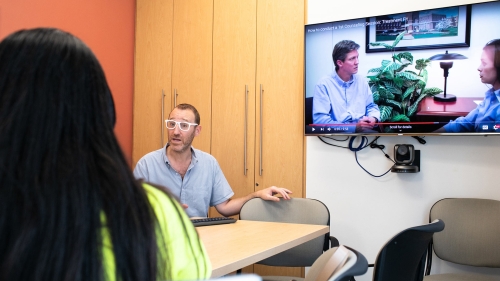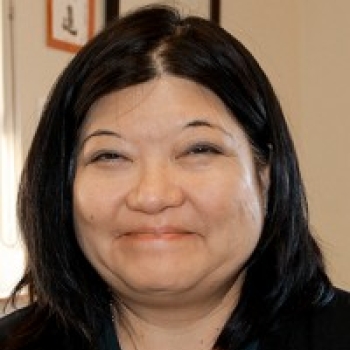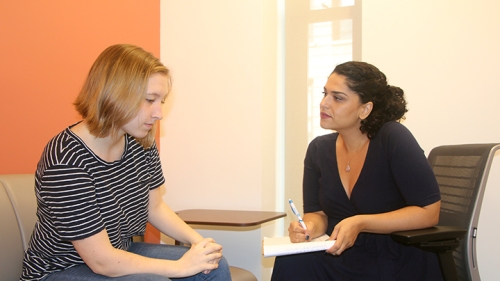

Lisa Suzuki
Department Vice Chair; Associate Professor of Applied Psychology
Applied Psychology
Lisa Suzuki conducts research in the area of multicultural assessment in particular understanding how culture impacts the process of cognitive assessment. Her work also focuses on the usage of qualitative research strategies with diverse ethnocultural groups. She serves on the editorial boards of the Journal of Multicultural Counseling and Development and Psychological Assessment. She is also a consulting editor for the Asian American Journal of Psychology. She is senior co-editor of the Handbook of Multicultural Assessment now in its third edition (with Joseph Ponterotto) and co editor of The Handbook of Multicultural Counseling (with Manuel Casas, Charlene Alexander, and Margo Jackson) also in its third edition. She is co-author of Intelligent Testing with Minority Students (with Richard Valencia), co-editor of Using Qualitative Methods in Psychology (with Mary Kopala) and Qualitative Strategies with Ethnocultural Populations (with Donna Nagata and Laura Kohn-Wood). She is working with a group of undergraduate and graduate students on a study focusing on meaning making among survivors of the Holocaust in collaboration with the Museum of Jewish Heritage in New York City. Suzuki is the recipient of the Distinguished Contribution bestowed by the Asian American Psychological Association (2006) and the Visionary Leadership Award from the National Multicultural Conference and Summit (2007). Suzuki served as the Vice-President of Diversity and Public Interest for the Society of Counseling Psychology (Division 17) of the American Psychological Association (2002-2005). Suzuki received her doctorate in Counseling Psychology from the University of Nebraska-Lincoln in 1992 and has taught in the counseling psychology programs at Fordham University and the University of Oregon.
Selected Publications
- Short, E. L., Suzuki, L. A., Prendes-Lintel, M., Furr, G., Madhabhushi, S., & Mapel, G. (2009). Counseling refugees and immigrants. In J. G. Ponterotto, M. Casas, L. Suzuki, & C. M. Alexander (Eds.) Handbook of Multicultural Counseling (3rd Edition) (pp. 201-212). Thousand Oakes, CA: Sage.
- Suzuki, L. A., Prevost, L., & Short, E. L. (2008). Multicultural issues and the assessment of aptitude. In L. A. Suzuki & J. G. Ponterotto (Eds) The Handbook of Multicultural Assessment (3rd Edition) (pp. 490-519). San Francisco, CA: Jossey-Bass.
- Suzuki, L. A., Ahluwalia, M. K., Mattis, J. S., & Kwong-Arora, A. (2007). The pond you fish in determines the fish you catch: Data collection strategies in qualitative research. The Counseling Psychologist, 35(2), 295-327.
- Suzuki, L. A., Alexander, C. M., Lin, P. Y., & Duffy, M. (2006). Psychopathology in the schools: Multicultural factors that impact assessment and intervention. Psychology in the Schools, 43(4), 429-438.
- Suzuki, L. A., & Aronson, J. (2005). The cultural malleability of intelligence and its impact on the racial/ethnic hierarchy. Psychology, Public Policy, and Law. 11(2), 320-327.
- Suzuki, L. A., Ahluwalia, M. K., Mattis, J.S., & Quizon, C.A. (2005), Ethnography in counseling psychology research: Possibilities for application. Journal of Counseling Psychology, 52(2), 206-214.
- Suzuki, L. A., Ponterotto, J. G., & Meller, P. J. (2001). (Eds.) Handbook of Multicultural Assessment. (2nd Edition)
- Ponterotto, J. G., Casas, M., Suzuki, L. A., & Alexander, C. M. (2001). (Eds.) Handbook of Multicultural Counseling.


